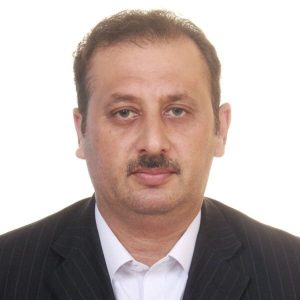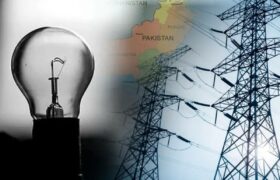There have been reservations and objections over the appointment of high courts’ judges and the mechanism of their elevation to Supreme Court of Pakistan.
Legal fraternity has always voiced criticism against the practice and procedure for the nomination of high court judges, reason being the absence of open and clear criteria for selection of judges and their elevation to higher judiciary.
The court system of Pakistan is bifurcated into two tiers, namely superior and subordinate judiciary. Supreme Court of Pakistan and provincial high courts form the superior judiciary while subordinate or lower judiciary comprises of civil judges, judicial magistrates, additional district and sessions judges.
As per the constitutional quota distribution, 40 percent of the High Court judges are to be selected/elevated from lower courts, while 60 percent seats are senior lawyers fulfilling constitutional requirements.
There are issues regarding appointments as very little number of the lower judiciary members are elevated to high courts; on the other hand, selection of lawyers are said to be dominantly based on personal or political favoritism. A senior advocate of Peshawar High Court on condition of anonymity revealed that the judicial commission members including judges and the bar council president often select members of their own chambers, apprentices or friends. They could do it easily as they constitute majority of the judicial commission. He said that the incumbent governments influence the selection of judges, that’s why we have so many judges in our courts who were in somewhat association with JUI, ANP, PPP and PTI when these parties had governments in the province. He cited example of the recent appointments of the PHC judges, saying senior lawyer Tariq Afridi’s name was dropped after the parliamentary committee objected to his name. It is said that Tariq Afridi, while he was vice chairperson of the Bar Council, had demanded forensic audit of the Bar Council, that is why the lawyers’ wings of ANP and PTI had turned against him.
It is an open secret that lawyers develop personal association with different political parties during their practice and either maintain those relations or remain under specific political parties influence when they become judges. There are also number of examples where activists/members of the lawyers’ wings of political parties become judges.
Senior Advocate High Court Babar Khan Yousafzai said that after the 18th Amendment, criteria for the selection of high court judges is changed; now the powers rest with Judicial Commission instead of the President. He said that the number of judges exceeds that of executives in Judicial Commission. Once the judicial commission finalizes the names, there is very little or no role of the parliamentary committee or the President to reverse, change or do any investigations further. Babar Khan Yousafzai disagreed with introduction of test or competitive examination for the selection of High Court Judges, saying it was a constitutional position. However, he said that there was no harm if certain criteria was introduced for selection of Judges just like there is a criteria of mandatory advocating of 100 cases at High Court for obtaining a lawyer license but it could only be done after constitutional amendment, he further added.
“The present system of selection and elevation to higher judiciary has many shortcomings,” said Advocate High Court Noor Alam Khan, when contacted. Advocate Noor Alam Khan was of the opinion that objections such as lack of merit in selection of High Court Judges and less share of smaller provinces in Supreme Court are genuine.
The process of elevation to high court is stated in Article 193 of the 1973 constitution of Pakistan, which is about (1) age (not less than 45 years), (2) qualification- years of legal practice at high court (minimum 10 years).
Similarly, Article 175A (8) refers to Judicial Commission (for appointment of judges) that comprises of Chief Justice of Pakistan, four most senior judges of Supreme Court, one retired chief justice of Supreme Court or former judge of Supreme Court, federal minister of Law and Justice, Attorney General for Pakistan and a senior advocate Supreme Court nominated by Pakistan Bar Council.
The same judges who constitute Judicial Commission and are responsible for selection and elevation of judges into higher judiciary are also member of the Supreme Judicial Council, the only forum that decides the issues pertaining to accountability of the higher judiciary. For instance, in near past, we have the precedents of former Chief Justice Iftikhar Chaudhry, Justice Shaukat Aziz Siddiqui of Islamabad High Court and very recently Justice Faiz Esa case in Supreme Judicial Council. It was also a shock to the nation when respectable Judge of Lahore High Court was named in Panama Leaks corruption case. Following the large number of cases, like corruption, misconduct or others, the selection system of the Higher Judiciary comes under serious questions. There is a growing public thinking that the Higher Judiciary might be made accountable to the system and the selection process of Higher Judiciary may be improved to restore public trust on the system.





